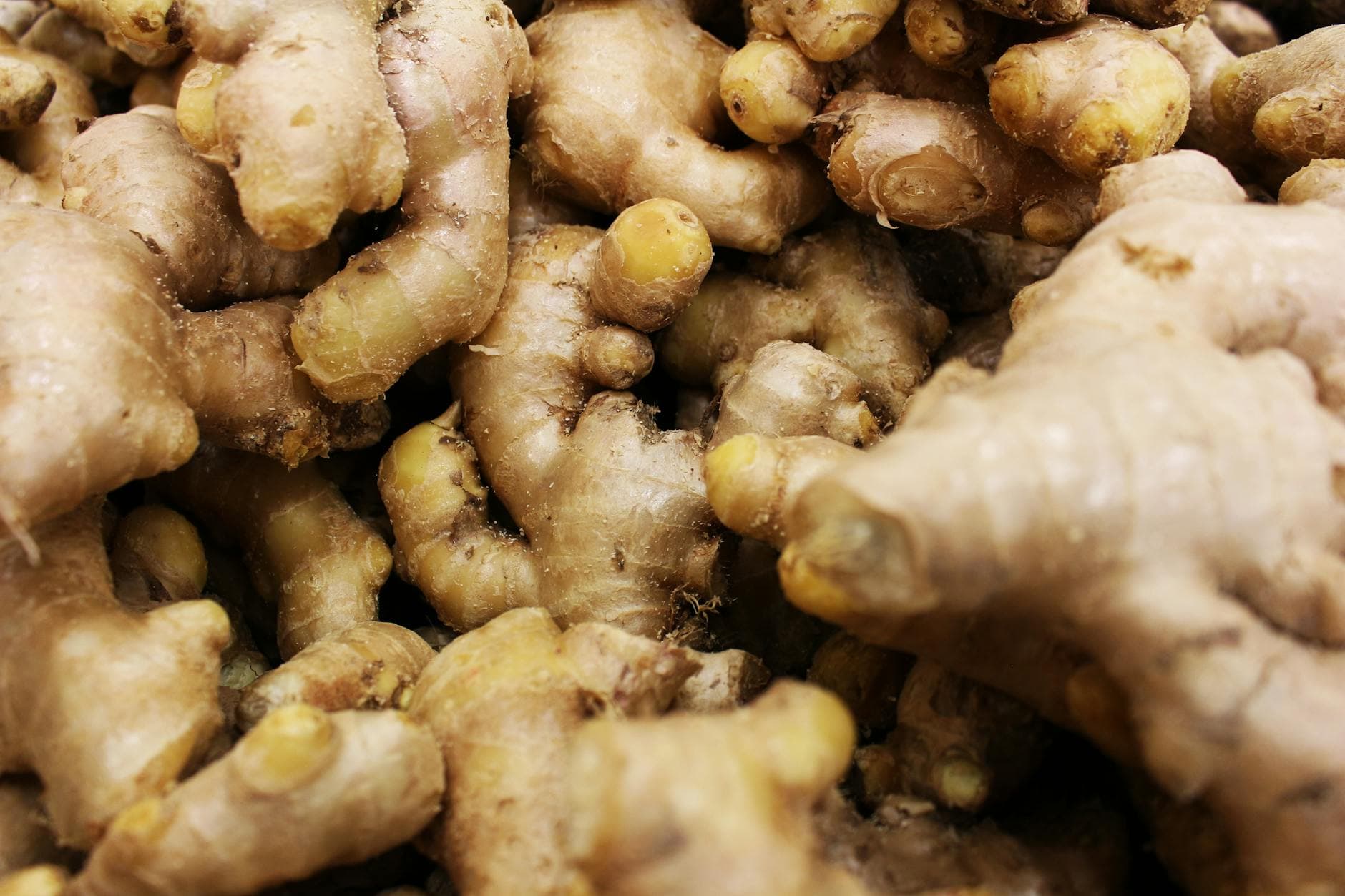Bloating is a common and often uncomfortable sensation, characterized by a feeling of fullness, tightness, or swelling in the abdomen. While it's a universal experience, chronic bloating can significantly impact quality of life. Many factors contribute to this digestive discomfort, ranging from dietary choices and eating habits to underlying health conditions. Fortunately, before reaching for pharmaceutical solutions, there are numerous natural, evidence-based strategies involving diet and lifestyle adjustments that can offer significant relief.
At Healbal, we believe in empowering you with natural knowledge for a healthier life. This comprehensive guide will explore the common culprits behind bloating and provide you with 7 practical, actionable diet and lifestyle tips, alongside key herbal remedies, to help you achieve a calmer, more comfortable gut. Say goodbye to the discomfort and embrace a lighter, more energetic you.
Causes
Understanding the Roots of Your Bloating
Bloating isn't a condition itself, but rather a symptom triggered by a variety of factors. Pinpointing the cause is the first step toward effective relief. Common contributors to abdominal distension include:
- Dietary Choices: Certain foods are notorious for causing gas and bloating. These include high-FODMAP foods (Fermentable Oligosaccharides, Disaccharides, Monosaccharides, and Polyols) found in some fruits, vegetables, dairy, and sweeteners. Processed foods, excessive salt intake, and artificial sweeteners can also contribute.
- Swallowed Air: Eating too quickly, talking while eating, chewing gum, or drinking carbonated beverages can lead to swallowing excess air, which then gets trapped in the digestive tract.
- Improper Digestion: Insufficient stomach acid or digestive enzymes can hinder the proper breakdown of food, leading to fermentation by gut bacteria and subsequent gas production.
- Gut Microbiome Imbalance: An overgrowth of certain bacteria in the small intestine (SIBO) or an imbalance in the gut flora can produce excessive gas.
- Constipation: Infrequent bowel movements allow waste to accumulate in the colon, leading to gas buildup and bloating.
- Food Sensitivities/Intolerances: Conditions like lactose intolerance or celiac disease can cause significant bloating upon consumption of trigger foods.
- Stress and Anxiety: The gut-brain axis plays a crucial role in digestion. Stress can alter gut motility, increase sensitivity, and impact the microbiome, all contributing to bloating.
- Hormonal Fluctuations: Many women experience bloating around their menstrual cycle due to hormonal changes that can affect fluid retention and gut motility.
Symptoms
Recognizing the Signs of Bloating
While the sensation of bloating is typically unmistakable, it's helpful to be aware of its common manifestations. Most people describe bloating as:
- Abdominal Fullness: A feeling that your stomach is unusually full or distended, even if you haven't eaten much.
- Tightness or Pressure: A sense of pressure or tightness in the abdominal area, often making clothes feel uncomfortable.
- Visible Abdominal Swelling: Your stomach may visibly protrude, making it appear larger than usual.
- Excessive Gas (Flatulence or Belching): Bloating often accompanies the production of more gas, leading to increased burping or flatulence.
- Abdominal Pain or Discomfort: While usually not severe, bloating can cause mild to moderate cramping or aching sensations in the belly.
- Rumbling or Gurgling Sounds: Increased activity in the digestive tract, often associated with gas movement, can lead to audible sounds.
Natural Remedies
7 Effective Diet & Lifestyle Tips to Reduce Bloating Naturally
Implementing natural strategies can profoundly impact your digestive comfort. Here are seven evidence-based approaches to help you beat the bloat:
- 1. Practice Mindful Eating: Eating too quickly can lead to swallowing excess air and improper chewing, both major contributors to bloating.
How to Implement: Slow down your meals. Chew each bite thoroughly until it's a paste-like consistency. Avoid talking while eating. Pay attention to your body's hunger and fullness cues. Eating in a relaxed environment can also aid digestion.
- 2. Stay Adequately Hydrated: While it might seem counterintuitive, drinking enough water actually helps prevent bloating, especially when it's linked to constipation. Adequate fluid intake keeps the digestive system running smoothly.
How to Implement: Aim for 8-10 glasses of water daily. Herbal teas (like peppermint or ginger) also count towards hydration. Limit sugary drinks and carbonated beverages, which can exacerbate bloating.
- 3. Optimize Your Fiber Intake (Gradually): Fiber is crucial for gut health, but too much too fast, or certain types of fiber, can cause bloating.
How to Implement: Gradually increase your intake of soluble fiber found in oats, psyllium husk, apples, and berries. This type of fiber helps regulate bowel movements and softens stool. Be mindful of insoluble fiber if it causes discomfort and always drink plenty of water with fiber.
- 4. Incorporate Probiotics and Prebiotics: A balanced gut microbiome is key to efficient digestion. Probiotics introduce beneficial bacteria, while prebiotics feed them.
How to Implement: Include fermented foods like unsweetened yogurt, kefir, sauerkraut, kimchi, and kombucha in your diet. Prebiotic-rich foods include garlic, onions, leeks, asparagus, and bananas. Consider a high-quality probiotic supplement if dietary sources aren't enough.
- 5. Identify & Reduce Gas-Producing Foods: Some foods are naturally more prone to causing gas and bloating for sensitive individuals.
How to Implement: Keep a food diary to identify your personal triggers. Common culprits include beans, lentils, broccoli, cabbage, onions, dairy (for lactose-intolerant individuals), and artificial sweeteners. Try eliminating these one by one and reintroducing them to see their effect.
- 6. Manage Stress Levels Effectively: The gut-brain axis means stress can directly impact digestion, leading to symptoms like bloating.
How to Implement: Incorporate stress-reducing practices into your daily routine. This could include meditation, deep breathing exercises, yoga, spending time in nature, or engaging in hobbies you enjoy. Prioritize sleep, as lack of rest elevates stress hormones.
- 7. Engage in Regular Physical Activity: Movement helps to stimulate bowel contractions and move gas through the digestive tract.
How to Implement: Even a moderate daily walk can make a significant difference. Aim for at least 30 minutes of moderate-intensity exercise most days of the week. Gentle abdominal massages can also help relieve trapped gas.
Herbal Treatments
Soothing Your Gut: Herbal Allies for Bloating Relief
Certain herbs have been traditionally and scientifically recognized for their carminative properties – helping to relieve gas and soothe the digestive tract. Incorporating these into your routine can offer additional support:
- Ginger (Zingiber officinale): A powerful anti-inflammatory and digestive aid. Ginger helps accelerate gastric emptying and can reduce intestinal spasms, easing bloating and gas.
Usage: Sip on fresh ginger tea (grate 1-2 inches of fresh ginger into hot water), add fresh ginger to meals, or take ginger capsules.
- Peppermint (Mentha piperita): Known for its ability to relax the smooth muscles of the digestive tract, peppermint helps gas pass more easily and can alleviate cramps.
Usage: Drink peppermint tea regularly, especially after meals. Peppermint oil capsules (enteric-coated) are also effective for some, particularly for IBS-related bloating.
- Fennel (Foeniculum vulgare): Fennel seeds contain compounds that relax muscles in the gastrointestinal tract, reducing gas and bloating. It also has mild diuretic properties that can help with fluid retention.
Usage: Chew on a small spoonful of fennel seeds after meals, or make fennel tea by steeping crushed seeds in hot water.
- Chamomile (Matricaria chamomilla): While often associated with relaxation, chamomile also has anti-inflammatory and antispasmodic properties that can calm an irritated digestive system and reduce gas and bloating.
Usage: Enjoy chamomile tea, especially before bed, to soothe digestion and promote relaxation.
Prevention
Proactive Steps for Long-Term Bloating Prevention
Preventing bloating often involves consistent application of the tips discussed. Beyond reactive relief, consider these proactive measures to maintain a calm and comfortable gut:
- Maintain a Consistent Eating Schedule: Regular meal times can help regulate your digestive system.
- Chew Your Food Thoroughly: This cannot be overstated; proper chewing is the first step in digestion.
- Limit Processed Foods & Sugars: These often contain ingredients that can disrupt gut health and cause bloating.
- Listen to Your Body: Pay attention to how different foods make you feel and adjust your diet accordingly.
- Manage Portions: Overeating can overwhelm the digestive system and lead to bloating.
- Stay Active: Regular movement is vital for consistent bowel function and gas expulsion.
- Prioritize Sleep: Quality sleep supports overall bodily functions, including digestion.
By integrating these natural strategies into your daily life, you can significantly reduce the incidence of bloating and cultivate a healthier, happier digestive system.









